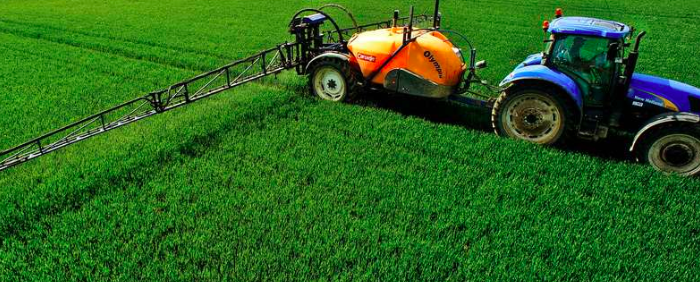
From 2001, a group of farmers in Aquitaine felt the need to mobilize on the origin, quality and diversity of the varieties used in organic and sustainable farming systems.
They decide to set up actions which will make it possible to reclaim the know-how in evolutionary selection and in self-production of peasant seeds on their farms. They thus respond to their concern for maintaining biodiversity, autonomy, savings and adaptation to their farming methods.
From then on, within Bio d’Aquitaine, the “Aquitaine cultivates biodiversity” program was created. Initially focused on corn and sunflowers, a “vegetable species” section intended for market gardeners and amateur gardeners was created in 2007.
Today it is more than 250 farmers, organic and conventional, who experiment and cultivate varieties of populations on their farms and participate in technical exchange groups on the selection and self-production of seeds.
What is a population variety?
Also called peasant varieties or local varieties, these are non-hybrid varieties, free of property rights that can be sown and selected by the farmer on his farm.
The Farmer Seeds Network brings together and coordinates local initiatives aimed at protecting the biodiversity of cultivated plants. It also works to promote collective management methods and protection of peasant seeds, as well as scientific and legal recognition of peasant practices in the production and exchange of seeds and plants.
Protect the biodiversity of cultivated plants
The United Nations Food and Agriculture Organization estimates that in less than a century, 75% of the biodiversity of cultivated plants has been lost. Initiatives such as Aquitaine cultivate biodiversity, by pooling existing knowledge and seeds, makes it possible to maintain and protect this biodiversity.
Many initiatives are being put in place: observation of techniques for selecting Brazilian peasants, pooling of techniques rediscovered locally, creation of seed houses that gather and share population varieties, maintenance of varieties with less economic viability by gardeners, research on farmers’ seeds by INRA or festive harvests which give rise to sharing of knowledge.